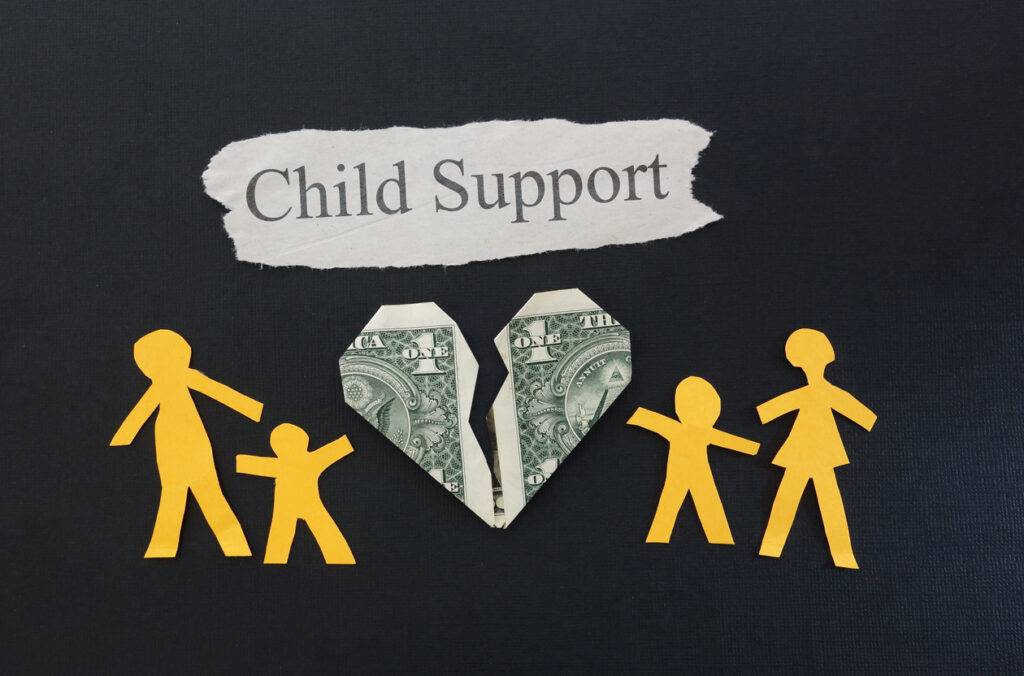Tax Considerations for Child Support Payers and Recipients
In the course of getting divorced, spouses with children may wonder how child support payments will impact their taxes. Prior to the federal Tax Cuts and Jobs Act of 2017 (TCJA), child support was taxable to the recipient parent and deductible by the paying parent. Further, child support orders and agreements often specified which parent could claim the child as a personal exemption. The TCJA completely changed the landscape. Child support is now considered “tax neutral” and personal exemptions have been eliminated. However, there are other tax considerations that should be kept in mind by parents getting divorced.
The Internal Revenue Service (IRS) no longer considers child support to be a form of income. When filing a tax return, custodial parents need not report child support payments. Because child support is money received on behalf of the children —not by the custodial parent personally — it is not subject to tax.
Just as it is not taxable, child support is not deductible. A noncustodial parent who pays child support may not deduct this money to adjust their income. Rather, the payer is taxed on the income used to fund child support, as with any earned income. Effectively, although the custodial recipient is not taxed on the money used to fund child support, the noncustodial payer is.
Starting in 2019, the TCJA eliminated the ability of a parent to claim dependent children as exemptions on their federal tax returns. Under prior law, parents could exclude $4,150 per dependent child from their taxable income. In the case of divorced parents, exemptions were normally claimed by the recipients of child support, since support was considered part of their taxable income.
While eliminating exemptions, the TCJA created a larger child tax credit, doubling the amount for most parents from $1,000 to $2,000 for each child under 17 and adding a $500 credit for older children. (Credits are reduced for parents earning more than a high threshold amount.) If the credit exceeds taxes owed, taxpayers can receive up to $1,400 of the balance as a refund.
Despite the changes in federal law, parents can still claim exemptions for dependent children on their Georgia income tax returns. The current amount of the state exemption is $3,000.
Since these exemptions and credits can be declared only by one parent, divorcing parents should examine their relative financial situations in order to decide on how to best achieve tax savings.
If you have any concerns about your tax situation relative to child support, we invite you to get in touch with us at the Law Office of S. Mark Mitchell, LLC in Newnan. Our legal team is ready to assist you in all aspects of divorce, child custody, child support payments, and other family law issues. Call 470-344-8550 or contact us online to schedule a free consultation.


